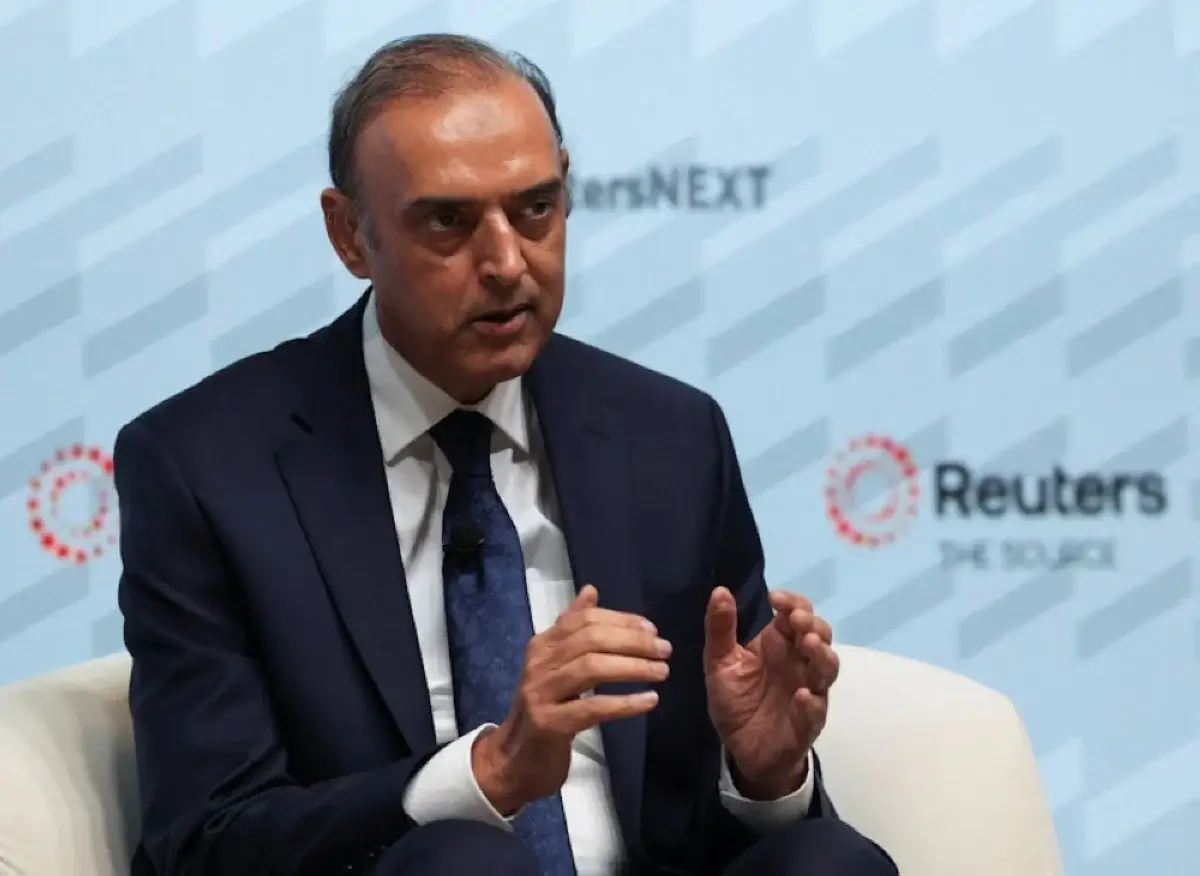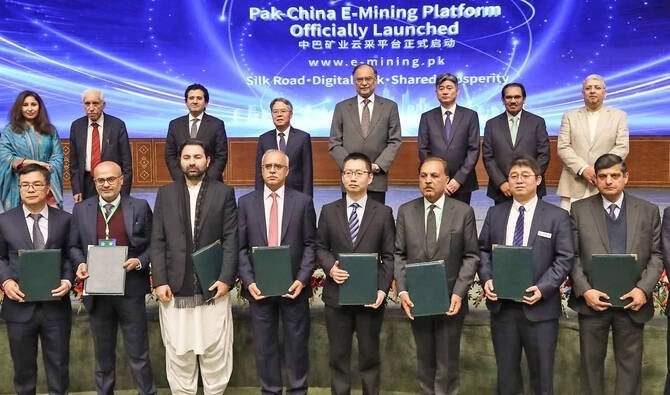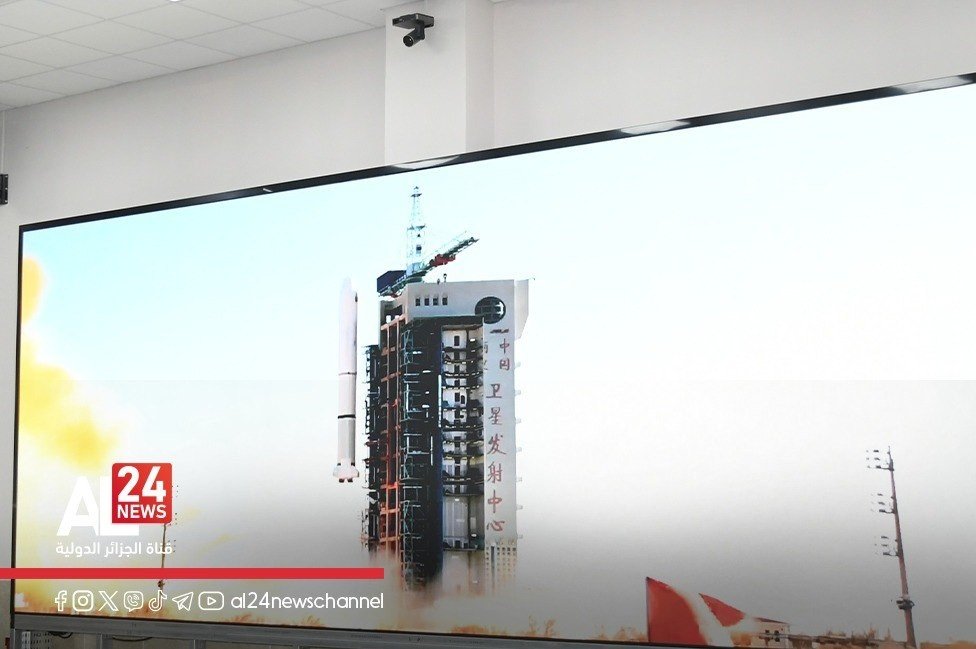Pakistan’s central bank is preparing to launch a pilot for a central bank digital currency (CBDC) and is finalizing legislation to regulate virtual assets, Governor Jameel Ahmad announced on July 9, 2025. This initiative is part of Pakistan’s broader effort to modernize its financial system amid growing global interest in blockchain-based payments. The move follows similar pilots in China, India, Nigeria, and Gulf states.
Speaking at the Reuters NEXT Asia summit in Singapore, Ahmad said Pakistan is “building up our capacity on the central bank digital currency” with plans to roll out a pilot soon. A new law is being drafted to establish licensing and regulatory frameworks for the virtual assets sector, with the central bank collaborating with technology partners.
The pilot builds on the government-backed Pakistan Crypto Council (PCC), established in March to promote virtual asset adoption. The PCC is exploring bitcoin mining using surplus energy, has appointed Binance founder Changpeng Zhao as a strategic adviser, and plans to set up a state-run bitcoin reserve. It has also engaged with US-based crypto firms including World Liberty Financial.
In May, the State Bank of Pakistan clarified that virtual assets are not illegal but advised financial institutions to await formal licensing. Ahmad acknowledged both risks and opportunities in this emerging field, emphasizing cautious risk management while leveraging potential benefits.
The government recently approved the “Virtual Assets Act, 2025,” creating an independent regulator to oversee the crypto sector, according to state minister Bilal bin Saqib.
On monetary policy, Ahmad highlighted Pakistan’s efforts to stabilize inflation within a 5–7% target range, noting a reduction in benchmark rates from 22% to 11% over the past year and inflation dropping from 38% in May 2023 to 3.2% in June 2025. He reported foreign reserves rising to $14.5 billion from under $3 billion two years ago.
Ahmad confirmed that Pakistan’s $7 billion IMF program, active until September 2027, remains on track, supporting reforms in fiscal policy, energy pricing, and foreign exchange. He expressed confidence that no immediate follow-up program would be necessary after its completion.
Regarding military equipment financing, Ahmad said he was unaware of specific plans for imports from China.















